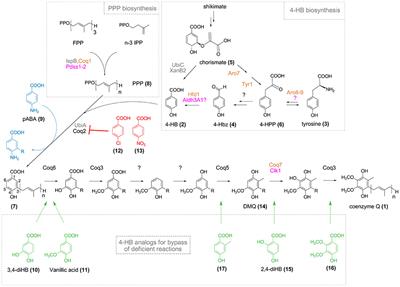EDITORIAL
Published on 30 Jul 2018
Editorial: Coenzyme Q Redox State and Cellular Homeostasis
doi 10.3389/fphys.2018.00912
- 2,295 views
- 3 citations
26k
Total downloads
171k
Total views and downloads
You will be redirected to our submission process.
EDITORIAL
Published on 30 Jul 2018
REVIEW
Published on 05 Feb 2018
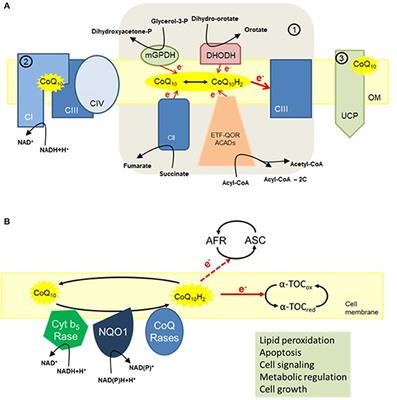
REVIEW
Published on 24 Aug 2017
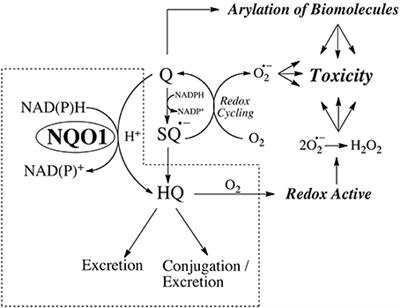
MINI REVIEW
Published on 25 Jul 2017
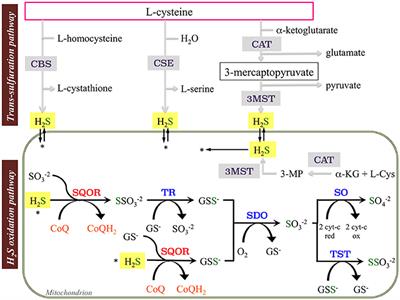
ORIGINAL RESEARCH
Published on 07 Jul 2017
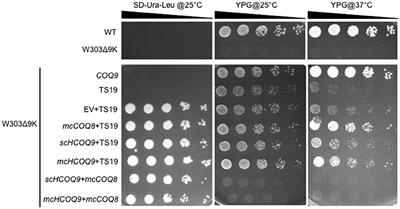
REVIEW
Published on 27 Jun 2017
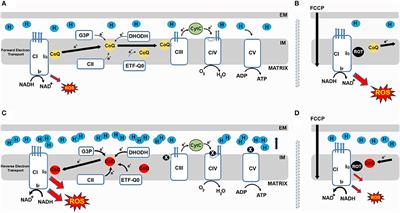
MINI REVIEW
Published on 22 Jun 2017
